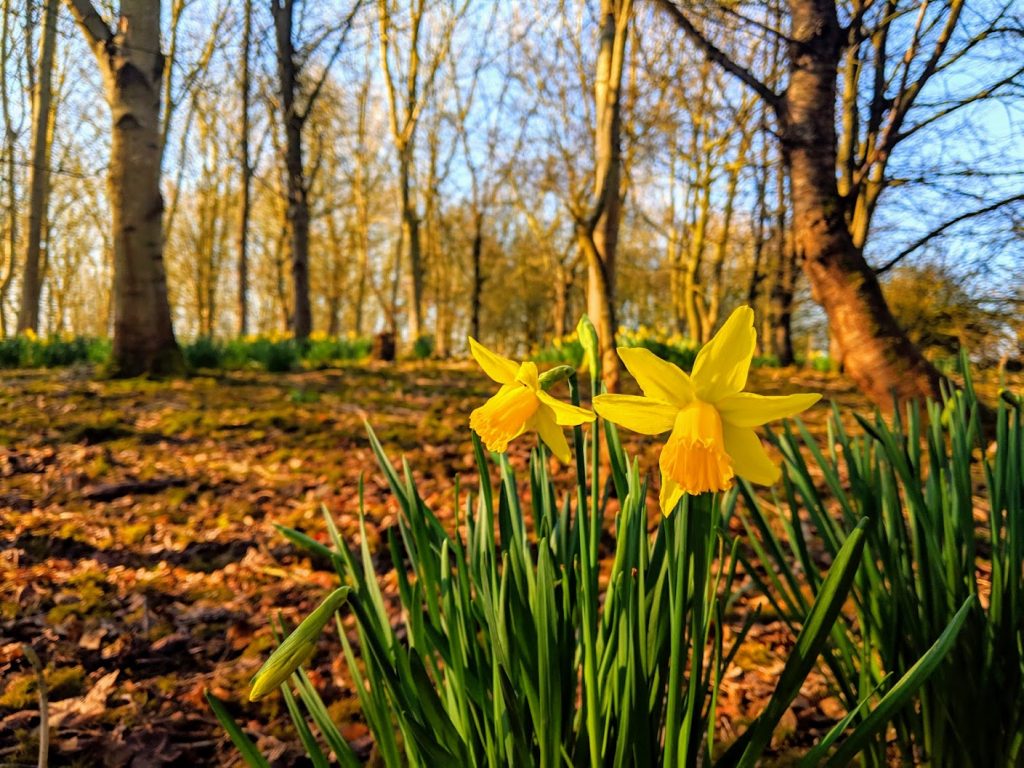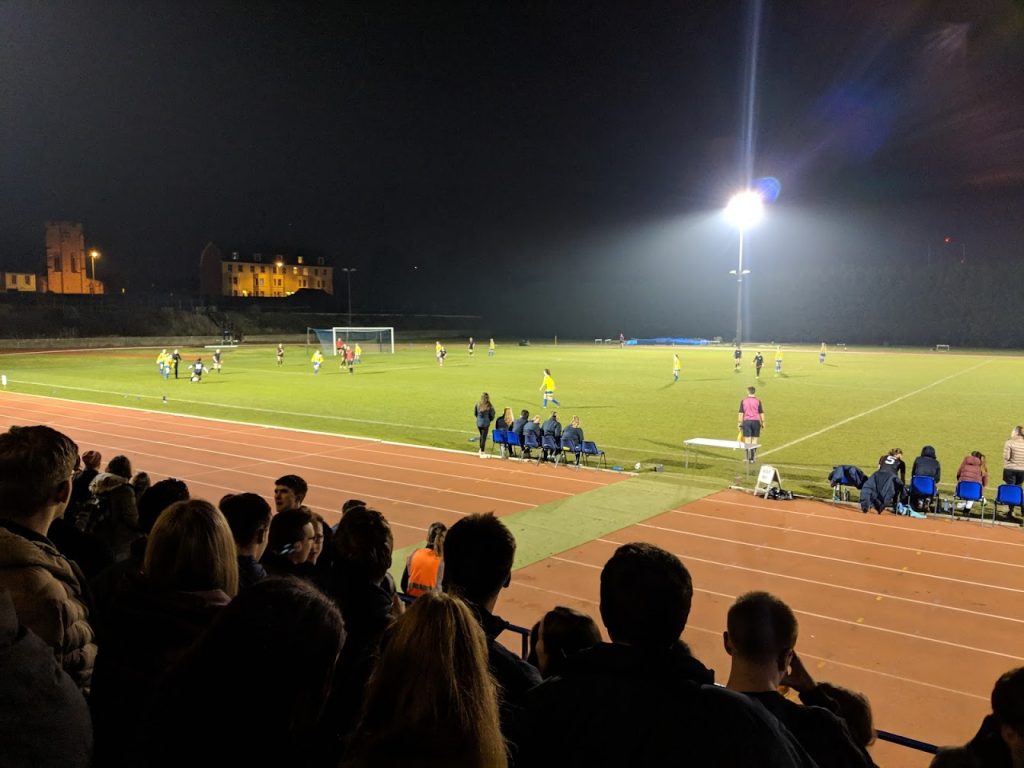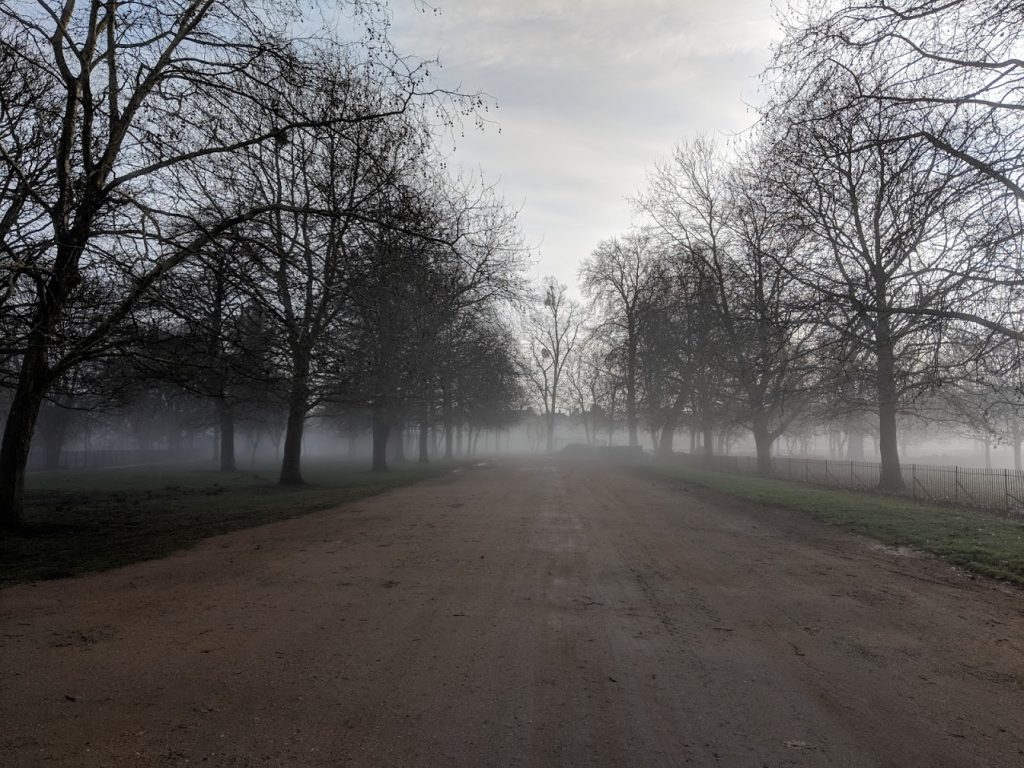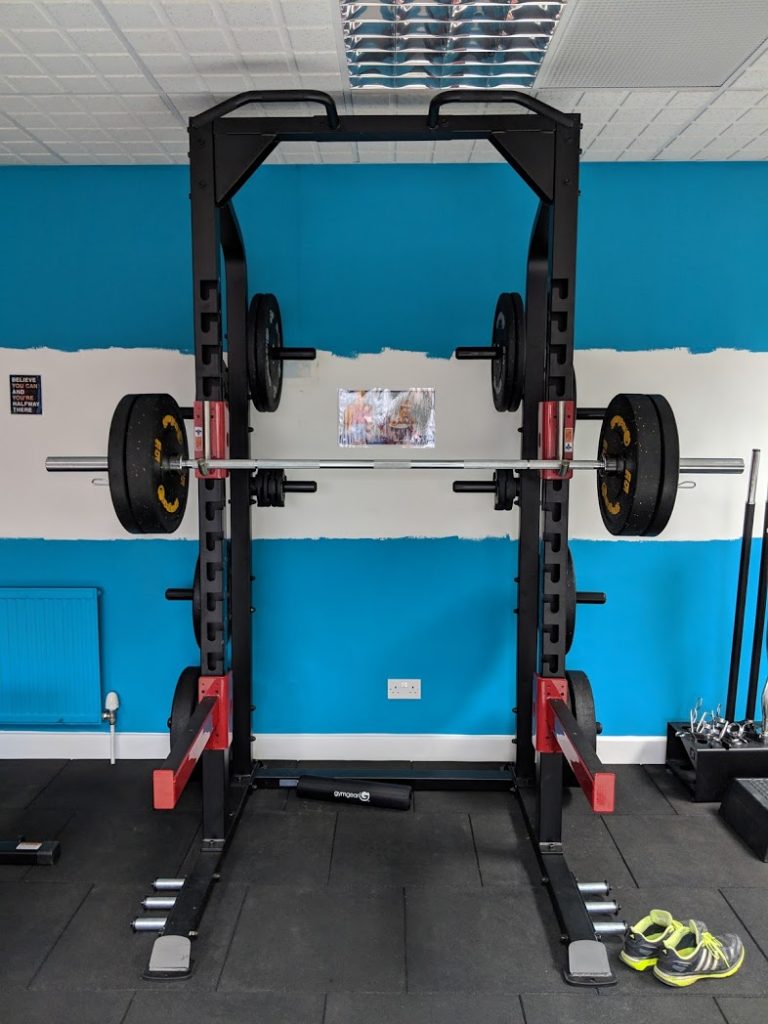Short version: I write about the top 21 highest impact papers of 2018 according to Altmetric, a rank based on mentions in academic publications, news media, and social media. They mostly relate to health or the environment.
Long version:
Metrics and Rankings
It is interesting and useful, but difficult, to be able to compare the quality and impact of publications. There are many methods to quantify this, one of which is Altmetrics. This scores publications based on mentions in the news, on Facebook, in patents, and other sources which are tallied and weighted. Since it takes less time to write a tweet than a citing publication, Altmetrics respond much more quickly and reflect a much wider potential audience than more conventional measures, but for the same reasons are less accurate measures of quality.
My brief thoughts on the top 21 papers ranked by Altmetrics from 2018:
1. Mortality in Puerto Rico after Hurricane Maria
The US centric nature of the metrics comes out clearly with the top ranked paper being about deaths in Puerto Rico after Hurricane Maria. President Donald Trump was not good to Puerto Rico. The study measured 4645 excess deaths from 20th September 2017 to 31st December 2017, 70 times higher than the official toll of 64. Deeply disturbing.
2. The spread of true and false news online
Fake News travels faster online than truth . Words like clickbait, chainmail, and memes matter a lot more when presidential elections and lynch mobs become an issue. I am reminded of this early Tom Scott video about flash mobs.
3. Alcohol use and burden for 195 countries and territories, 1990–2016: a systematic analysis for the Global Burden of Disease Study 2016
I am disappointed to have missed this paper in Week 5. This article from The Lancet recommends the best level of alcohol to consume is none, finding alcohol causes deaths through tuberculosis, road injuries, self harm, and cancer. There are some clever methods used to look at measuring actual consumption by individuals, presented in maps on the third and fourth pages.
4. Trajectories of the Earth System in the Anthropocene
This is pretty grim. Describes the “Hothouse Earth” as “…a pathway that could not be reversed, steered, or substantially slowed”. Talk to people about climate change. Work out what you can do to minimise your impact. Katharine Hayhoe has a great facebook page that can help bridge the gap for climate change skeptics.
5. Association between physical exercise and mental health in 1·2 million individuals in the USA between 2011 and 2015: a cross-sectional study
Exercise usually makes people feel better, and the biggest rewards occur going from none to some. While your brain does use a significant proportion of your daily energy expenditure, the rest of your body needs movement to function properly. This study quantifies that relationship with mental health, finding optimal benefits from sessions of about 45 minutes and 12 to 20 sessions per month.
6. Dietary carbohydrate intake and mortality: a prospective cohort study and meta-analysis
Studying nutrition is made difficult because the timescale of the effects you are trying to measure (over lifetimes) means that experiments are difficult to control. That said this study finds that ideally 50% of your energy intake should come from carbohydrates, and if you cut carbs, you should not supplement them with animal fats and protein, but go for plant based options.
7. Evidence that the Great Pacific Garbage Patch is rapidly accumulating plastic
Just because information is painful or disappointing, doesn’t mean it should be ignored. This paper described the exponential growth of plastic in the Great Pacific Garbage Patch. This SMBC comic is highly relevant.
8. Complementary Medicine, Refusal of Conventional Cancer Therapy, and Survival Among Patients With Curable Cancers
The death of Steve Jobs is a famous case of “Complementary and Alternative Medicine” demonstrating that brilliance in one area is not mutually exclusive with stupidity in another. This paper points out that cancer patients who opt into these unsubstantiated treatments are more likely to refuse more established medicine, and therefore are twice as likely to die. Relevant Tim Minchin beat poem.
9. Global warming transforms coral reef assemblages
The Great Barrier Reef is undergoing a series of bleaching events. While bleaching does not guarantee death, the longer the bleaching the harder it is for corals to recover. This study quantifies that relationship, and finds a nonlinear relationship where prolonged or intense heat results in rapidly increasing losses. More recently a million tonnes of sludge is to be dumped on the reef. The SMBC comic is still highly relevant.
10. The biomass distribution on Earth
The biomass of humans is approximately 10x that of all wild mammals, and half that of livestock. Plants rule the world.
11. Radar evidence of subglacial liquid water on Mars
Reminds me that NASA has a sense of humor too. Useful to know if you believe in Terraforming Mars.
12. Comparative efficacy and acceptability of 21 antidepressant drugs for the acute treatment of adults with major depressive disorder: a systematic review and network meta-analysis
Depression can be treated medicinally, but I have an (uninformed) suspicion the diversity in response to treatments reflects a diversity in the underlying illness. This study compares antidepressants.
13. The impact of the ‘open’ workspace on human collaboration
Discussed in The Economist, this paper from Harvard Business School finds open plan offices seem to counterintuitively decrease face to face interactions and increase online communication. Having worked in a few different office layouts, I would suggest that the staff themselves make a bigger difference to communication than the layout. Also sociometric badges are a thing.
14. Structure and Distribution of an Unrecognized Interstitium in Human Tissues
Exciting to see a microscopy paper in the top 20. Highlights the importance of checking assumptions and going back to the fundamental structure, rather than abstracting.
15. Risk thresholds for alcohol consumption: combined analysis of individual-participant data for 599 912 current drinkers in 83 prospective studies
Although being slightly more positive on drinking than the alcohol study above, particularly noting “increased alcohol consumption was log-linearly associated with a lower risk of myocardial infarction”, overall the study found a decreased life expectancy overall for alcohol consumers. It goes on to suggest lowering the recommended limits for alcohol consumption to less than 100 g per week.
16. Death or Debt? National Estimates of Financial Toxicity in Persons with Newly-Diagnosed Cancer
The US continues to confuse the rest of the world with its views on health care. Specifically this study reveals that of US cancer patients, 42.4 % will have used up their entire life savings within 2 years.
17. Effect of Low-Fat vs Low-Carbohydrate Diet on 12-Month Weight Loss in Overweight Adults and the Association With Genotype Pattern or Insulin Secretion
It doesn’t seem to matter if you cut down on calories via lowering fat or lowering carbohydrate consumption, so long as you’re consuming less you will lose weight. Particularly interesting is the undermining of genotype evidence.
18. Weaponized Health Communication: Twitter Bots and Russian Trolls Amplify the Vaccine Debate
It’s interesting to question the causation here: are Russian Trolls trying to lower vaccine acceptance to weaken health in the US, or are they trying to build rapport with people prone to unfounded conspiracy theories, such as being anti-vaccine, to then promote other (political) falsehoods. Also: how vaccines work.
19. Decreases in global beer supply due to extreme drought and heat
While climate change is bad for both natural and agricultural plants, if the previous two alcohol papers are considered perhaps less beer in the world is not a bad thing.
20. Primary care-led weight management for remission of type 2 diabetes (DiRECT): an open-label, cluster-randomised trial
I’ve had several friends in medicine mention their direct observations of this in individual patients, but here it is presented as the aggregated results of 306 individuals. Weight loss results in remission of type 2 diabetes.
21. Association of Coffee Drinking With Mortality by Genetic Variation in Caffeine Metabolism
Coffee (maybe) is good for you! But the study suffers from “a ‘healthy volunteer’ selection bias”. Interestingly “Participants drinking 4 or more cups per day … were more likely to drink instant coffee and be current smokers, whereas participants drinking 1 to 3 cups per day were older, more likely to have a university degree, and more likely to report “excellent” health.” So the causation question remains: does coffee make you healthy, or do healthy well educated people drink coffee?
Extra Thoughts
It’s a little unsatisfying to be able to spend so little time on such interesting questions, but the nature of inquiry is a trade off between breadth and depth. This week I opted for breadth, and it serves as a reminder for how much interesting content there is being generated in the world.
Photos from the Week
It’s warming up in Oxford, and Toxic Daffodils are blooming. I managed to fit in watching a Cuppers game at the historic Sir Roger Bannister athletics track. Port Meadow is flooded, and the reflection in the sun is stunning.
Writing from home.














